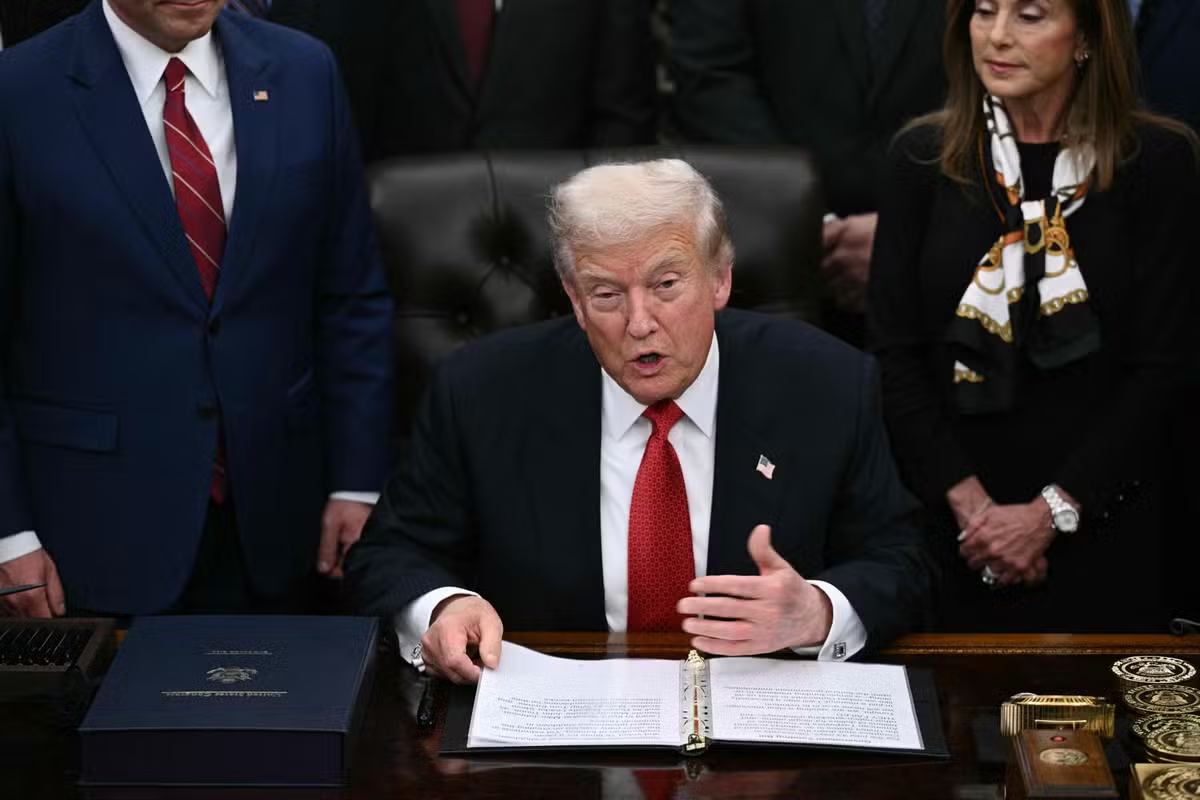
The Brazilian Coffee Industry Association (ABIC) said in a note that the new law published by the North American government changes the scope of the reciprocal tariff (a 10% surcharge created in April 2025), but does not change the additional 40% tariff, which applies only to Brazil under a separate legal instrument.
ABIC President Pavel Cardoso said: “Today’s legislation only deals with global reciprocal tariffs and not additional tariffs for Brazil. ABIC will continue to closely monitor all regulatory and tariff developments affecting the North American market and will continue to work to guarantee legal certainty, competitiveness and predictability for the Brazilian coffee industry.”
Abrafrutas believes this is an important advance for the sector, but is concerned by the fact that grapes, the second most exported Brazilian fruit to the United States, have been removed from the list.
– This exclusion came at a sensitive time. In the third quarter of this year, grape exports to the United States recorded a decline of 73% in value and almost 68% in volume compared to the same period in 2024, highlighting the challenges faced by domestic producers and exporters.
For the Brazilian Meat Export Industry Association (Abiec), tariff flexibility returns predictability to the industry and establishes better conditions for trade to function smoothly.
Antonio de Salvo, president of the Minas Gerais Agricultural and Livestock Federation (Femug/Senar), said the decision was “timely” and came at an important time for Brazilian agriculture.
– We are at the end of the off-season for livestock, especially beef, and the coffee harvest is over, but the outlook for the 2026/2027 harvest is good. In terms of fruit, he said bananas continue to perform well in exports, and acai is in increasing demand abroad and continues to establish itself as a traditional Brazilian product.



